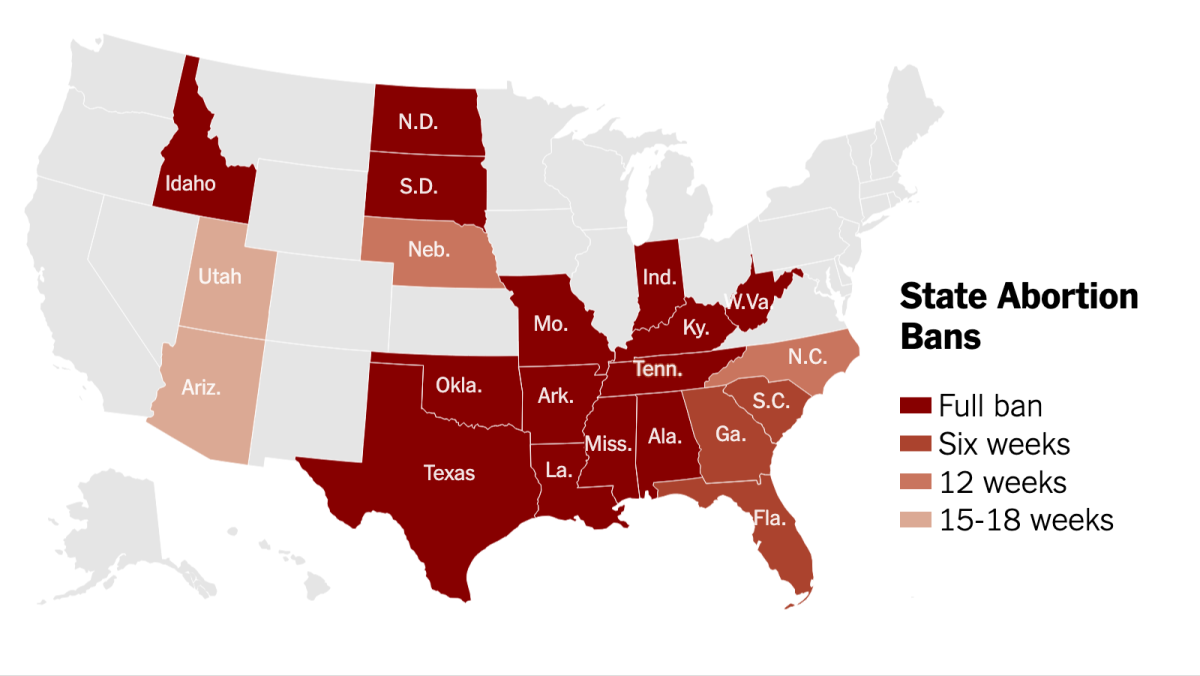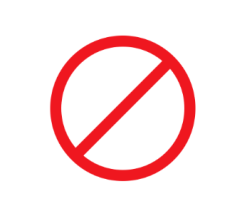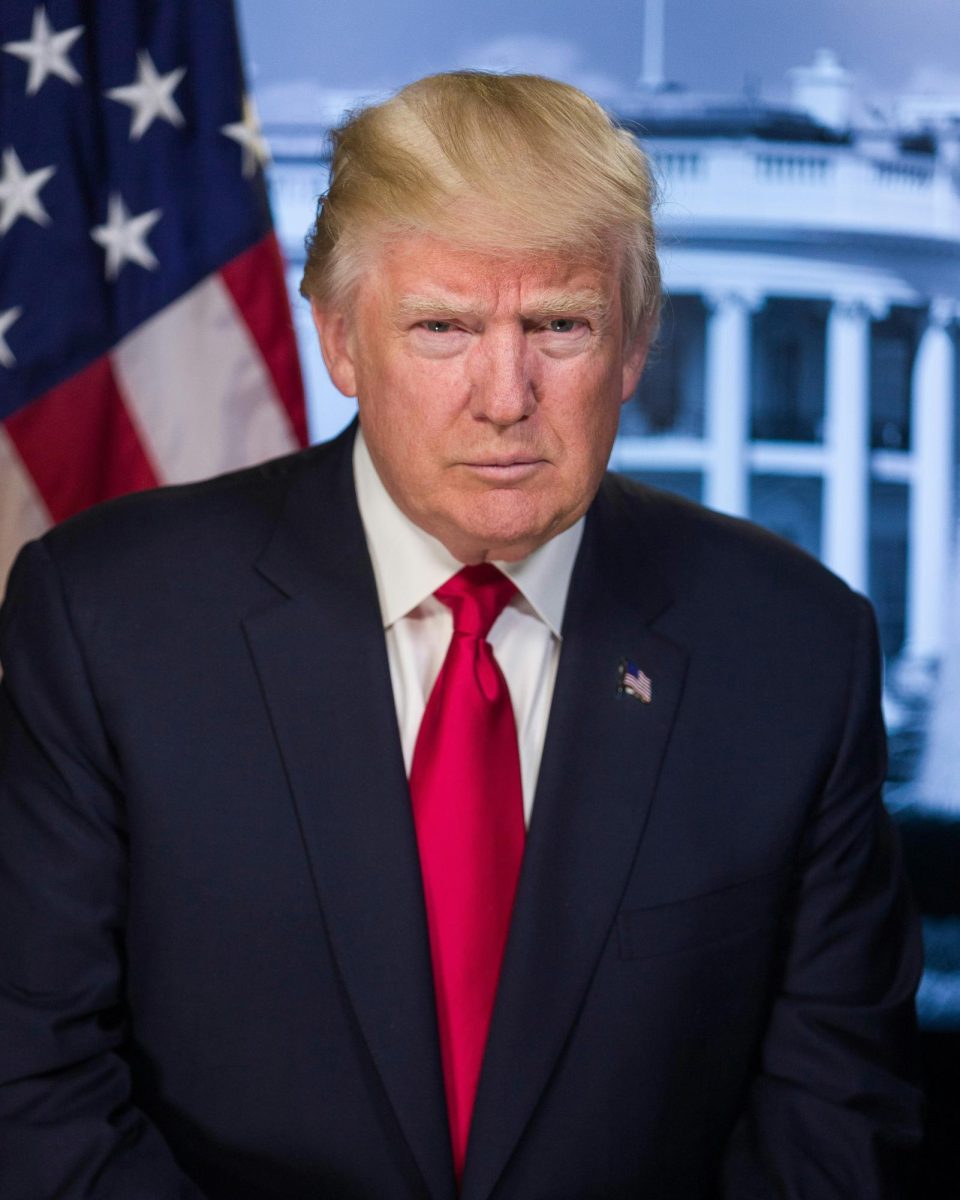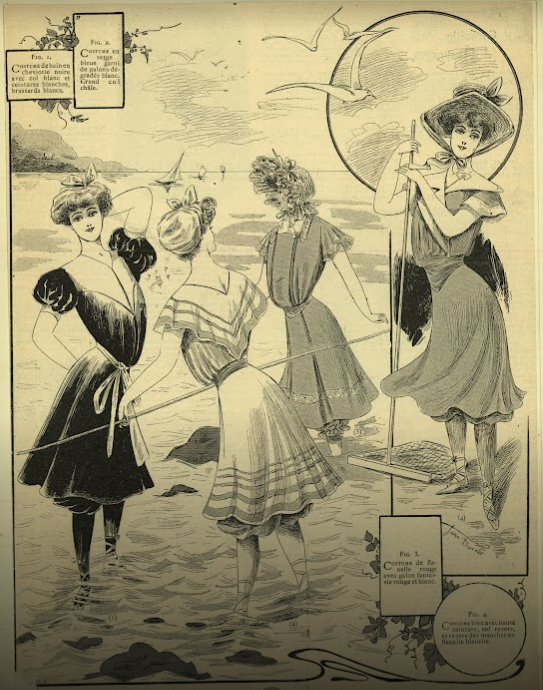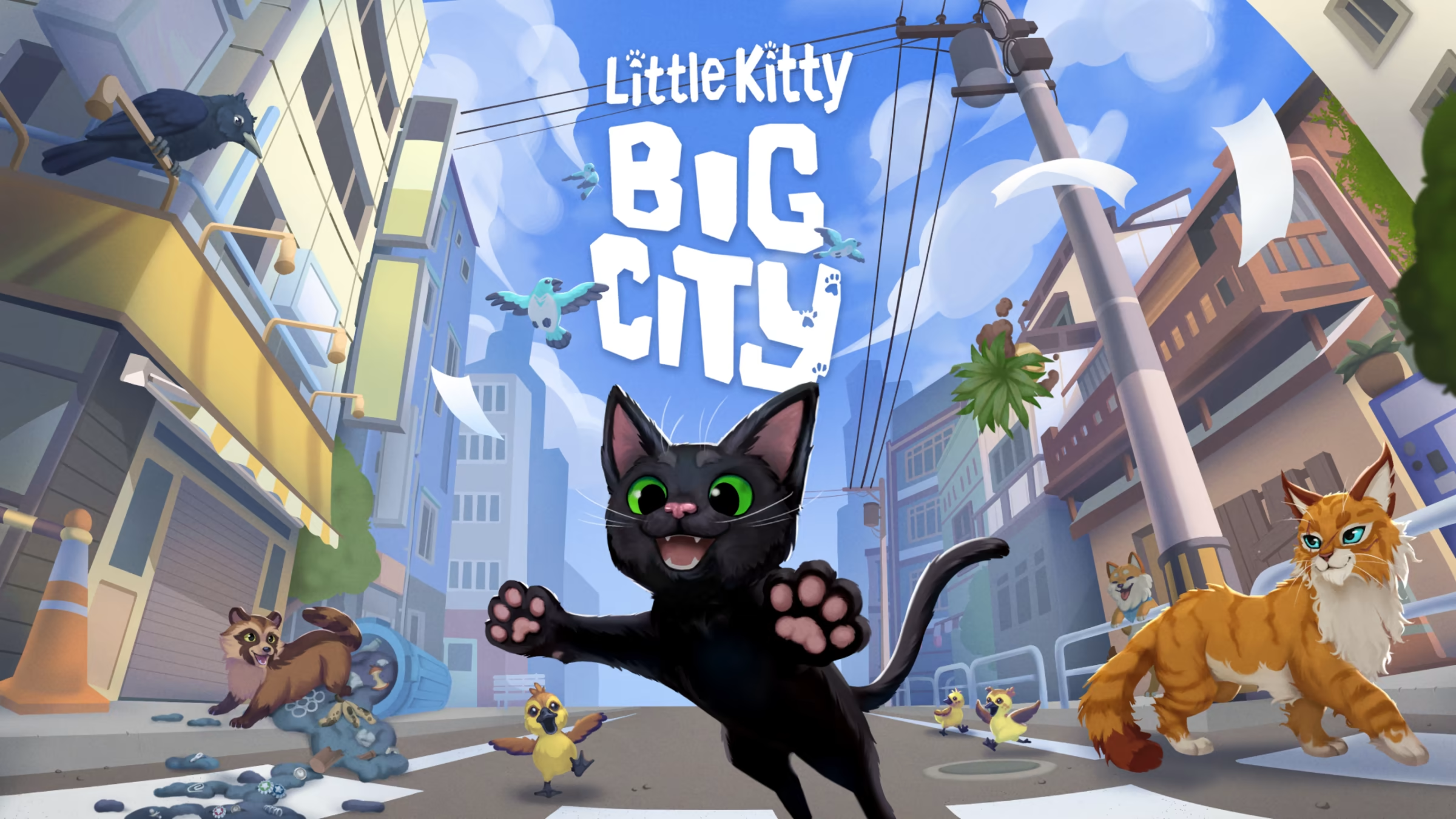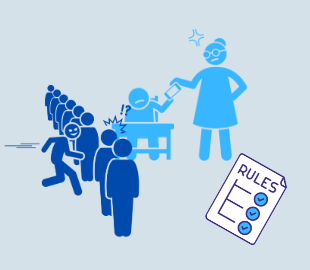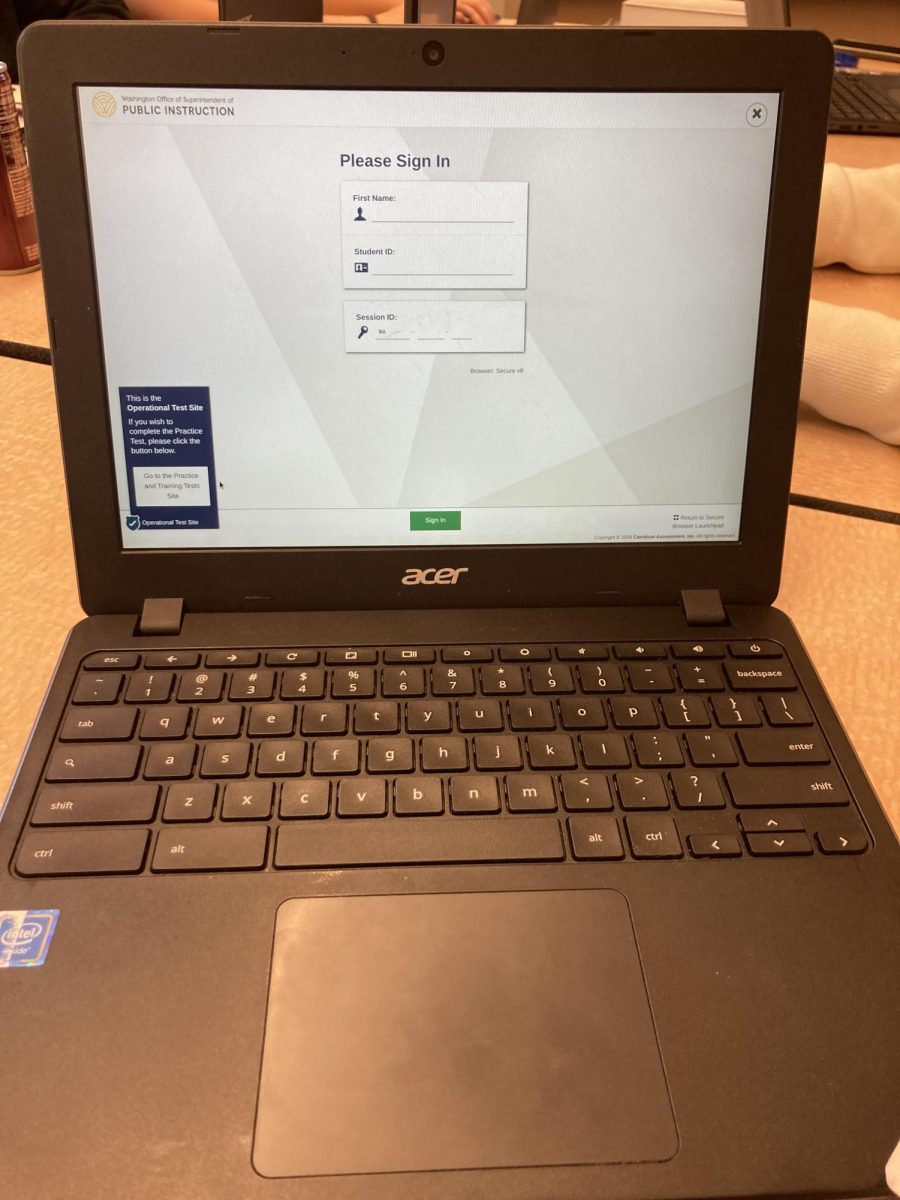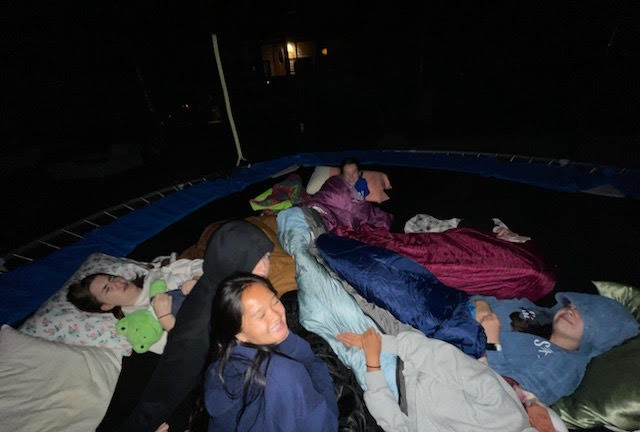The Pink Tax: Are We Really Equal?
A pink mirror surrounded by feminine/pink products.
February 23, 2023
When I was in the first grade, I remember how this one boy in my class was teased because his favorite color was pink. Over many years, colors finally stopped being so gender specific. However, we still have a dilemma involving the color pink and gender stereotypes. The “Pink Tax” isn’t exactly a tax like the name suggests. The Pink Tax is when products and services advertised to women are more expensive than the same or similar products and services advertised to men. It’s about time we stop this gender inequality and move towards equity for all genders.
I’m immensely glad that we can favorite whatever spectrum of the color wheel we want, but that equality is not the same when it comes to women’s razors, deodorant, or even lotion due to the Pink Tax. Companies using the Pink Tax will often make a change or few to make it seem like the product is completely different in order to not draw attention. The difference in the product can be as simple as changing the color or packaging to seem more feminine, hence the name “Pink Tax”. Researchers and gender equality activists have been looking into this markup in goods since the 1990s when they noticed how many companies will make a pink razor more expensive than three blue razors.

Additionally, the New York City Department of Consumer Affairs disclosed a study done, comparing the prices of over 800 products. The end goal is to confirm or deny if gender inequality exists while shopping. The outcome: products targeted towards women and girls cost about 7% more than the equivalent products for men and boys. Now, that may not sound like a considerable amount extra to be paid, but if you tie in the fact that women in the workforce get paid less, that is definitely unfair. Women get paid less by companies but pay more to said companies just because corporations have the idea that women like to shop and spend more money. Women tend to care more about appearances because of social gender norms, so naturally, we buy more hygiene or makeup products. This is not equity, this is injustice. The laws may say men and women are equal, but women are still mistreated.
Of course, I don’t always trust every study I see by every organization on planet Earth, so I did my own investigation. I went to Target’s website and looked up “Boy’s Raskullz Helmet” and the average helmet was about 21.99 to 24.99. I then did the exact same thing but said “Girl’s Raskullz Helmet” and the average helmet was 24.99 to 34.99. There is a significant difference in pricing just because the word girl or boy was in front of it. In fact, the only difference between the two is the boys have spikes and are blue or green, and the girls are pink.
Even with all this evidence, many people still have doubts in their minds. One is, “Does the Pink Tax actually exist or affect women?” Fortunately for you, I can answer that. The Pink Tax is indeed real and definitely affects women and girls of all ages. Personally, I have shopped at my local grocery store and found a huge container of lotion advertised to MANLY BEASTS to be way cheaper than lotion advertised to gentle, loving, carefree women. On average, women pay $1,300 a year due to the pink tax, which affects all parts of life. This rise in expenses affects everything from dry cleaning to buying a toothbrush.
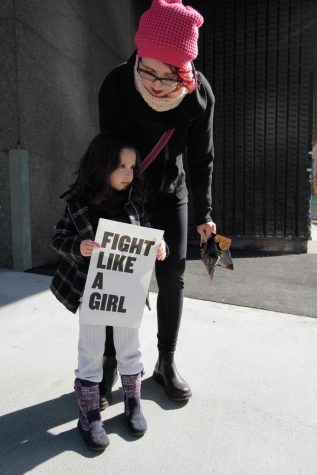
Although many states and stores have policies and laws prohibiting the use of Pink Tax, many places still use it. New York is the most well-known for demolishing the Pink Tax by being the second state to create laws forbidding companies from
this “Tax”, as well as doing the most studies involving this markup of prices. We must follow New York’s example. Humanity needs to fight back against injustice when shopping. Women should not have to pay more just because of old stereotypes that “they tend to shop more” and “are more emotional so they don’t look at prices so it doesn’t matter.” This is entirely not right. We can be as equal as we can on paper, but if we aren’t actually treated equally, then those laws are unimportant. If I have to leave you with one thing, I want you to remember this quote from Laura Bates, “This is not a man vs. woman issue. It’s about people vs. injustice.”
